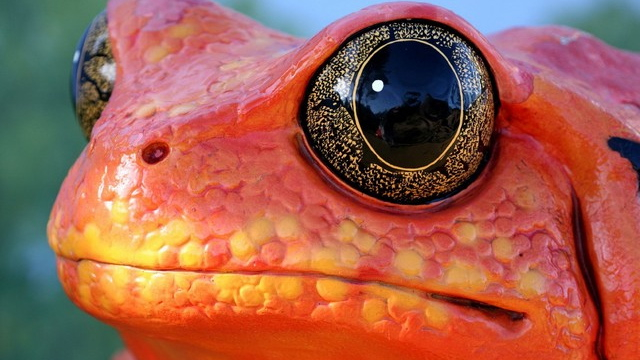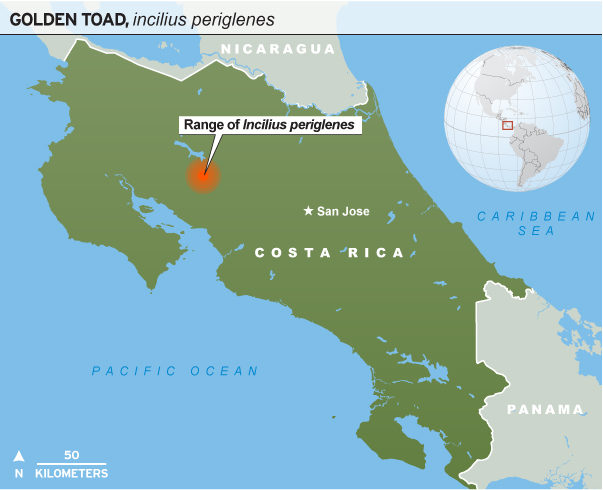
An Expert Opinion: Christiana Figueres
Hailing from a family with two former presidents of Costa Rica, Christiana Figueres was primed to tackle daunting political challenges, head on. Figueres first found her footing as the founder of the Center for Sustainable Development in the Americas. Now, as the executive secretary of the United Nations Framework Convention on Climate Change, she travels internationally helping countries agree upon strategies to limit greenhouse gas emissions. On a recent visit to San Francisco, she attended a carbon market conference to talk about California's cap and trade program, which went into effect last year.

What is your role with the U.N. and what are in you in town for?
[My role is] to support governments in their ongoing efforts to reach agreements with each other about how they’re going to address climate change. I’m in California to recognize California’s leadership with their cap and trade program because it is quite unique for the U.S. that a state has moved forward with a market-based solution to their climate policy. Covering 85 percent of the state's greenhouse gas emissions, and second in size only to the European Union system, the robustness of California's program cannot be denied.
What is the value of California’s leadership if there are so few followers? Isn’t there a danger that it’s all going to be too little too late?
Yes, there is that danger but that’s not the only possibility. We have so many more extreme weather events that are really making this issue no longer a debate. Every single country is being affected and every single country is realizing that—in their own interest—they need to address this. There is no more compelling evidence of this than the joint working group between the United States and China. If you had asked anybody four years ago, three years ago, two years ago: will the United States and China ever come to the table on climate change to try to find joint collaborative solutions, it would have been a hard sell to say yes. Here we have a joint working group of the United States and China, not because they necessarily are looking at the global benefit, but because they are motivated by avoiding the national impacts that they are already seeing.
